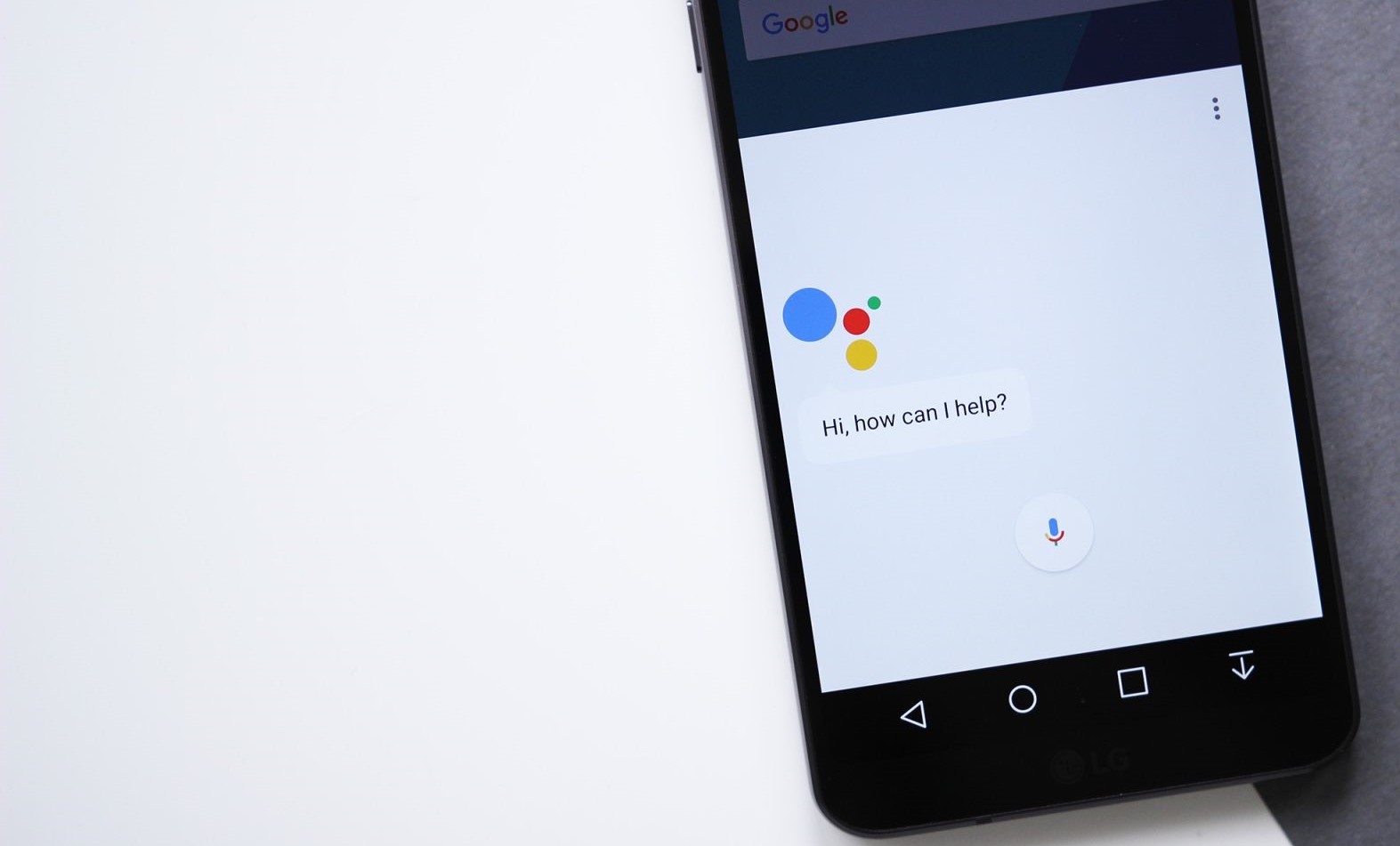Chatting with a voice assistant can be a simple way to finish tasks, such as scheduling appointments or ordering food. Voice assistants can look up information, control smart devices and assist with navigating your driving route. This listening technology is used in most smartphones as well as smart speakers like Amazon Echo and Google Home. Even when we are not actively using our smartphone, the device is still activated because it is listening for its “wake” phrase, such as “Ok Google” or “Hey Siri.”
Although using your smartphone hands-free is convenient and beneficial, it also comes with an abundance of privacy risks. The primary issue derives from the fact that conversations with the assistant are being recorded and stored by the company on its servers without the user’s knowledge. Last year, The Guardian reported that Siri had the power to record private conversations and store the clips in locations outside of your phone [1]. In fact, a number of audio clips were passed along to third-party “human” contractors who were paid to listen to them for quality control measures, such as determining if Siri was triggered accidentally or on purpose. “Seriously” sounds like the wake word “Siri” which can often cause Apple devices to start listening [2]. The significance of this activity is indeed concerning – private conversations could be used for malicious purposes, such as obtaining sensitive personal data like credit card information, or for marketing purposes to create targeted advertisements, without our knowledge.
Following The Guardian’s report, Apple ceased its program. In a press release, Apple stated “We know that customers have been concerned by recent reports of people listening to audio Siri recordings as part of our Siri quality evaluation process (grading). We heard their concerns [and] immediately suspended human grading of Siri requests… Before we suspended grading, our process involved reviewing a small sample of audio from Siri requests — less than 0.2 percent…” [3]. For Alexa, the Alexa Data Services team reviews one percent of user voice recordings [4]. Voice assistants need to record and analyze users’ voices to respond to requests, which many users know, but most people are unaware that companies can practically do as they please with that data.
As this technology is extensively used and very little information pertaining to it is publicly available, it is challenging to understand and quantify its potential vulnerabilities. If we want to continue using these devices at their present state of technology, we need to contemplate how to protect our data. Certainly, one of the easiest ways to address privacy concerns is to disable the voice assistant applications on our smartphones.
Below are steps for disabling and controlling your data on the most popular smartphone voice assistants: Amazon’s Alexa, Samsung’s Bixby, Google’s Assistant, and Apple’s Siri.
- Alexa: The Alexa app is available for download on Android and iOS devices. Amazon processes and sends voice recordings to its cloud, which users can manage via their Alexa app or Amazon account. Users can delete their voice recordings by going to the Alexa app and selecting Settings > Alexa Privacy and then selecting Delete Voice Recordings for any data that you do not want saved. Users can also opt out of Alexa sending voice recordings and data to Amazon. First, visit the Alexa Privacy page and click Manage How Your Data Improves Alexa. Then turn off “Help Improve Amazon Services and Develop New Features” and “Use Messages to Improve Transactions.” [5]
- Bixby: Samsung’s flagship and midrange smartphones, such as the Galaxy S20 and Galaxy Note 10, come pre-installed with Bixby and the wake phrase “Hi Bixby” as of 2017. The voice assistant encompasses a number of components, but it is fairly easy to switch off Bixby Voice. First, head to Bixby Home by pressing the physical Bixby button. Select the menu icon in the upper-right corner and tap Settings. Toggle off the slider next to Bixby Voice. [6]
- Google Assistant: All Android devices come pre-installed with Google Assistant and the wake phrase “OK Google” as of 2017. To turn off the “OK Google” wake phrase, go to Settings > Google > Search & Now > Voice and turn “OK Google” detection off. To turn off Google Assistant, go to Settings and search “Assistant Settings” then click “Assistant.” Under “Assistant devices,” select your phone or tablet and turn Google Assistant off.
- Siri: Apple’s Siri comes pre-installed on all iOS devices. The introduction of the wake phrase “Hey Siri” came with Apple’s iOS 8 in 2014. You do not have to completely disable Siri to stop the “Hey Siri” feature. Just navigate to your iOS device’s Settings > General > Siri and then toggle Allow “Hey Siri” to off.
Some of the settings menus and options are likely to change in the future, but with any luck, it will empower you to exercise control over the voice data your smartphone collects each day and the privacy and use of this data.

